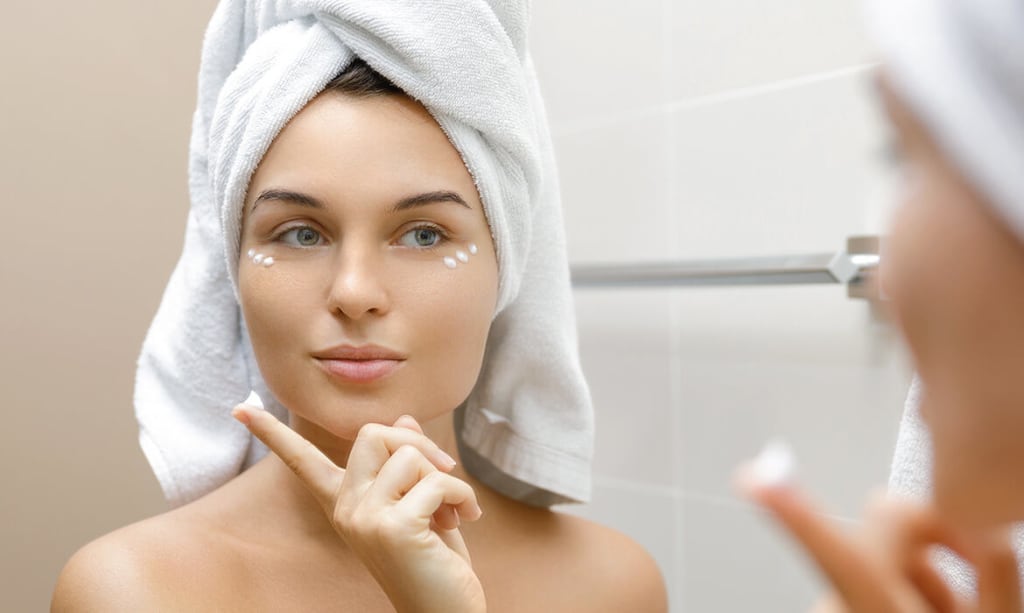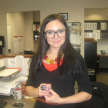9 Myths About Skin Care You Need to Stop Believing
Urban legends and myths abound in the world of beauty, maybe even more so when it comes to skincare.

Urban legends and myths abound in the world of beauty, maybe even more so when it comes to skincare. And while we're not saying you shouldn't heed the sound skincare advice your mother or grandmother provided you, the truth is that a lot of the conventional wisdom we've been given to think is nothing more than a myth.
Therefore, in order to assist in distinguishing fact from fiction, we decided to ask leading skin specialists their opinions on 9 of the most pervasive skincare misconceptions.
1. If retinol irritates your skin, stop using it.
Although retinol is, without a doubt, the anti-aging superhero, it also carries the potential for some very annoying side effects, like redness, dryness, and flaking. However, if you're feeling this kind of discomfort, the solution isn't to stop using your retinol altogether but rather to alter how and when you're using it. Particularly when you first begin using retinol, you should anticipate that your skin will be dry and sensitive.
Instead of fully ceasing retinol use, you should reduce the frequency to every other or even the third night, and then gradually increase as tolerated. It’s also a good idea to talk to your dermatologist about it.
2. Eye creams are best kept in the fridge.
The shelf life of your product is not extended by the cooler temperature. Additionally, your body temperature is 98.6 degrees, so when you apply a cold lotion to your skin, your body instantly warms it up. If you want to reduce edema and puffiness, it is true that cold temperatures can help. Montague-King suggests using a cold compress to achieve this goal because it will keep its cool temperature even when applied to warm skin.
3. You get what you pay for when it comes to skincare.
The good news is that not all pricey skincare products are invariably superior to their less expensive counterparts in terms of performance.
However, especially with products like moisturizers and cleansers, you're frequently just paying more for a fancy brand name or nice packaging when purchasing certain substances, such as vitamin C, which actually need to be correctly prepared in order to perform well. What is your best option? Study the best active components for your skincare regimen, look for them, and read the label.
4. You don't need a moisturizer if your skin is oily.
If your skin already feels slippery, it could seem logical to forgo moisturizer but fight the inclination. Dehydration can still affect oily skin, and in certain cases, that dehydration may be what's causing the excessive oil production as a means of correcting for it. Regular usage of a moisturizer will assist the oil production balance out, ultimately resulting in less oily skin.
5. There are topical products that work just as well as injectables.
Numerous skincare products claim to be "Botox in a bottle," but the reality is that topicals and injectables function in very different ways. For UV protection, antioxidants, moisturization, exfoliation, and other uses, topical treatments are crucial. However, they are unable to do the same tasks as injectables. The communication between the nerve and the muscle is disrupted by neuromodulators like Botox, and no topical medication can penetrate deeply enough to have the same impact.
6. The higher the SPF in your sunscreen, the better.
Sunscreen doesn't really follow the rules of basic math. First and foremost, keep in mind that SPF solely evaluates a product's defense against UVB rays, which are responsible for sunburn. An SPF 50 does not provide twice the UVB blockage as an SPF 100 does, and the difference in UVB protection is negligible. While SPF 50 protects 98% of UVB rays, SPF 100 blocks 99% of them.
7. Dark circles are a sign you're tired.
Blood and fluids that aren't circulated properly can cause discoloration around the eyes. Yes, a lack of sleep can undoubtedly make the problem worse, but it's not the sole reason. It can indicate that you aren't getting enough iron or oxygen. Not to mention, as people age, their skin naturally becomes thinner, which makes dark circles much more noticeable. Dark circles are difficult for topical eye creams to address, but using a caffeine-containing formula can help.
8. Your pores can open and close.
Pores don't open or close like shutters, despite the frequent mention of open and closed pores. This type of incorrect terminology is used to describe the dilation or stretching out of pores, which can happen as a result of age, temperature, genetics, and clogged pores from oil and dirt.
9. How your skin ages is based on genetics.
The genetic component of skin aging is undeniably important, but skin aging is a complex process that is influenced by both intrinsic and extrinsic variables. Extrinsic factors—which include things like sun damage, pollution, stress, and smoking—are considerably more under your control than genetics, which are things you receive that you are genetically predisposed to.
About the Creator
Amelia Grant
I am journalist, and blogger.






Comments
There are no comments for this story
Be the first to respond and start the conversation.